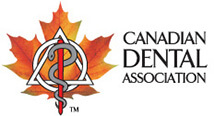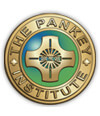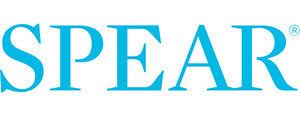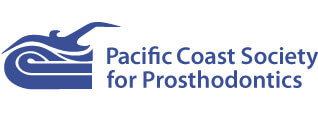
TMJ & Jaw Pain Treatment
Calgary
Do you suffer from sore jaw, headaches, and dizziness? It’s possible you have TMD or TMJ jaw joint problems. TMD may occur when the jaw twists during opening, closing, or side-motion movements. People with TMD may experience sore facial muscles, headaches, eye pain, sore teeth, ringing in the ears, clicking joints, painful jaw, earrahces, dizziness, or a locking jaw.
Some estimate over 10 million in North America are affected by TMJ and TMD. A group of disorders that cause pain and dysfunction in the jaw joint, and in the facial muscles around that joint, TMJ and TMD can also cause headaches, earaches, neck pain, and popping and clicking during jaw activities like chewing or yawning.
An well-trained dentist can greatly assist in easing symptoms caused by TMJ and TMD by assisting with safe, non-invasive treatment, and prescribing proper relaxation techniques.
What are the Different Types
of TMJ or TMD?
Disorders related to the jaw joint and chewing muscles vary widely in their symptoms and effects. Characterized by pain in the face, neck, and ears, TMJ and TMD are often separated into three distinct categories:
- Myofascial Pain: A chronic disorder that involves discomfort or pain in the muscles that control jaw function. Frequently linked to jaw tension from stress, myofascial TMJ occurs when facial muscles are contracted repetitively during high-pressure activities.
- Internal Derangement of the Joint: This involves a displaced or eroded disc, dislocated jaw, or injury to the condyle. This type of TMJ is frequently caused by a trauma like a fall or accident. Because of the delicate construct of bones, muscles, and cartilage in the jaw area, internal damage can cause extreme pain and irritation.
- Arthritis: This degenerative/inflammatory joint disorder can painfully affect the temporomandibular joint, causing TMJ or TMD.
So, What Exactly Is TMJ Anyway?
The temporomandibular joint connects the mandible (or lower jaw) to the temporal bone (at the side of your head). This flexible joint allows your jaw to move up and down, side-to-side, back and forth, and that incredible flexibility allows us to talk, chew, and yawn without tension or pain.
Because the facial and jaw muscles are so intricate, TMJ and TMD are very difficult to diagnose. A good dentist can make a thoughtful diagnosis and provide non-invasive care and guidance, walking you toward a pain-free lifestyle.





